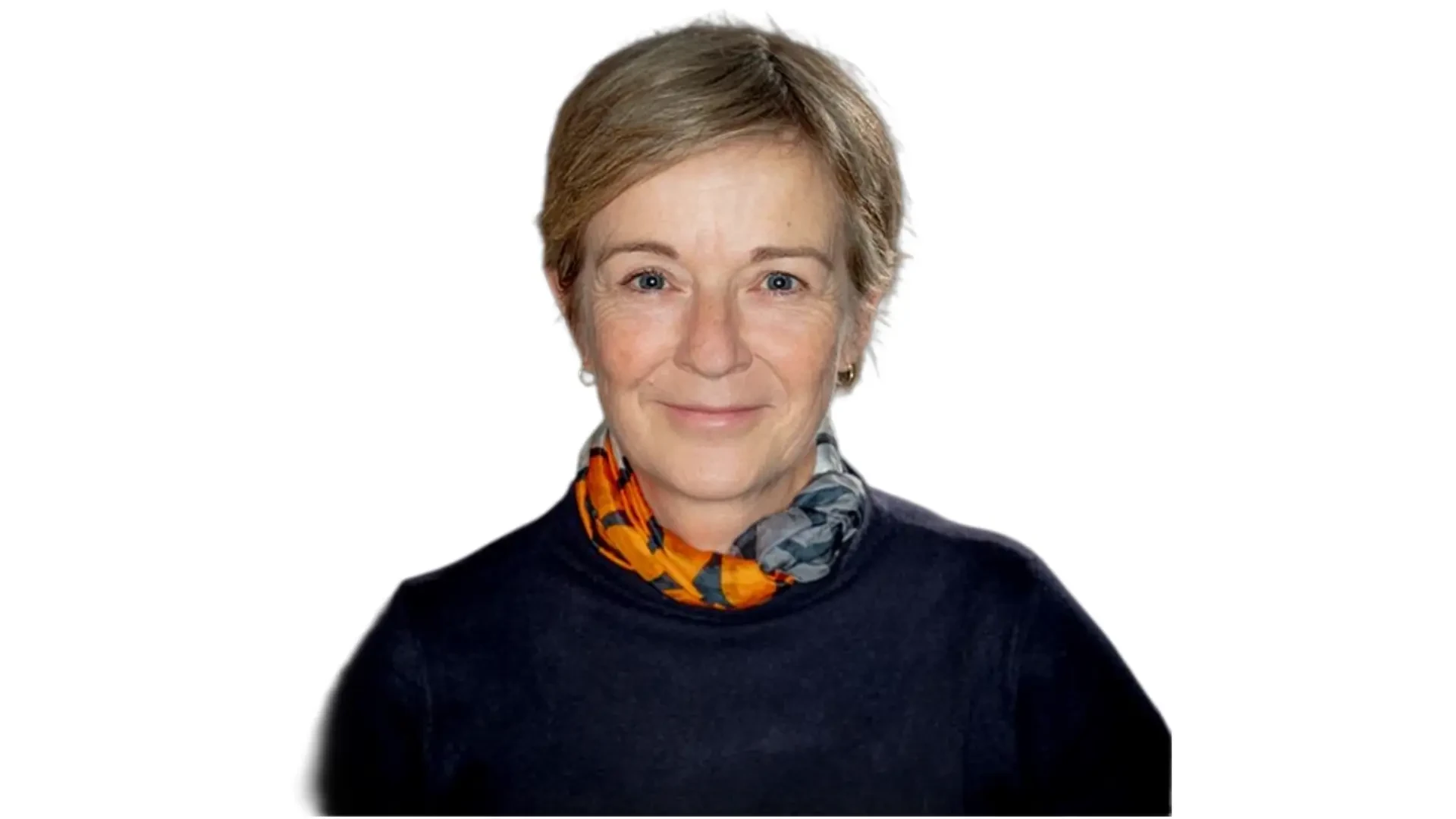
Professor Mairi Knight is a leading authority in evolutionary ecology, based in the the School of Biological and Marine Sciences at the University of Plymouth. Her work stands at the interface of ecology, evolution, and conservation, using molecular tools, lab experimentation, and field studies to unravel the processes that generate and sustain biodiversity.
In an era of accelerating environmental change, her research is especially vital: she examines how evolutionary and ecological dynamics operate in declining populations, illuminating how we might better conserve threatened species.
Research Focus: From Genes to Ecosystems
Evolutionary and Ecological Processes
At the heart of Professor Knight’s work is the question: how do evolutionary and ecological mechanisms generate and maintain biodiversity? She investigates a range of interconnected themes:
- Reproductive isolation and gene flow between populations, vital for understanding speciation and population structure.
- Dispersal and foraging ranges, which influence how individuals move through landscapes and maintain connectivity.
- Species delineation and phylogeny reconstruction, using molecular data to resolve relationships among taxa.
These approaches combine lab-based and field-based experiments with molecular techniques, allowing her to test hypotheses across spatial and temporal scales.
Conservation and Declining Populations
A growing focus in Professor Knight’s portfolio involves understanding how evolutionary and ecological processes function in populations under threat. She explores how molecular tools – such as population genomic analyses – can inform conservation decisions, both in theoretical and applied contexts.
Her interest in conservation is not abstract: she applies her methods to real-world systems, particularly in bee biology (honeybees and bumblebees), but also extending to other taxa where the same evolutionary and ecological frameworks apply.
Highlighted Projects & Supervised Research
One strong signal of a researcher’s influence is their supervision of advanced student research. Professor Knight has played a pivotal role in guiding doctoral projects that span a variety of taxa and conservation challenges. Below are selected examples:
- Victoria Buswell (2022): Genomic and phenotypic basis of local adaptation in the black honeybee Apis mellifera mellifera.
- Mary Lane (2020): Heathland restoration post-mineral extraction.
- Felicity Wynne (2019): Disease ecology of amphibian pathogens in Costa Rica.
- C. John Thorpe (2018): Biogeography and conservation of rocky plateaus in India’s Western Ghats.
- Sarah Rustage (2014): Rarity correlates among UK bumblebee populations.
These diverse projects reflect her broad expertise and her capacity to mentor across systems, from insects to amphibians to landscape restoration.
Teaching & Field Training
Professor Knight also contributes extensively to education. She teaches modules across evolutionary genetics, conservation genetics, systematics, taxonomy, and small population biology. Specific modules include:
- MBIO161 Evolution and Behaviour
- BIOL123/130/136 Field Biology
- BIOL204 Principles of Conservation Biology
- ANIM5007 Small Population Biology
In addition, she leads residential field biology courses – for example in Andalucía, Spain and Laikipia, Kenya – giving students immersive field experience.
Impact & Future Directions
Professor Knight’s research resonates beyond academia. By integrating molecular evidence into conservation contexts, she helps bridge the divide between evolutionary theory and practical conservation action. Her focus on declining populations is especially timely, given global biodiversity loss.
Her role at Plymouth University also places her in a strategic position to influence departmental priorities and student training. (She is listed among faculty in the School of Biological and Marine Sciences.)
Looking ahead, likely trajectories include:
- Expanding population genomic analyses in endangered taxa
- Applying her frameworks to pollinator decline and ecosystem resilience
- Strengthening interdisciplinary collaborations that unite ecology, genetics, landscape science, and conservation policy
